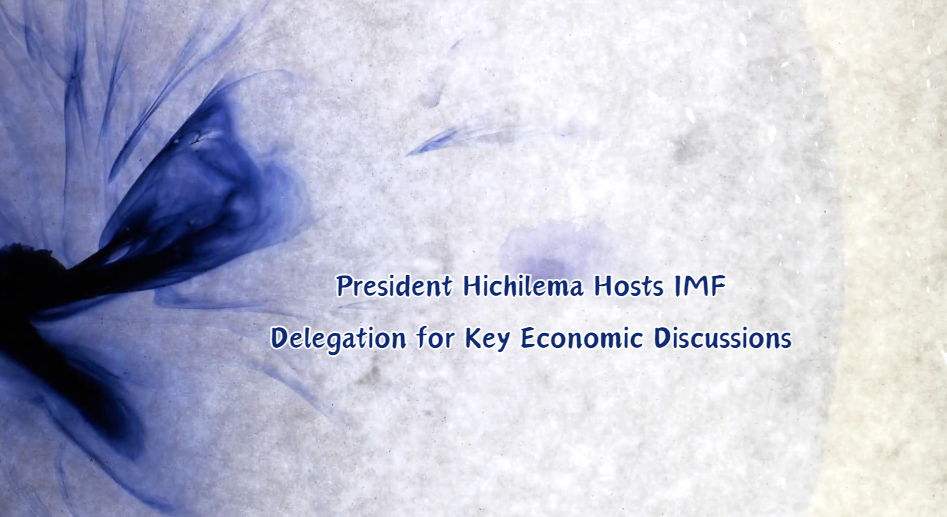Minister Mubanga Urges Zambian SMEs to Formalize for Growth and Economic Impact
The Minister of Small and Medium Enterprise Development, Elias Mubanga, has voiced concerns about the growth obstacles facing small and medium enterprises (SMEs) in Zambia due to the lack of formal business registration. He emphasized that many businesses, which make up a large portion of the country's economy, struggle to expand because they lack the formal status required to access financing and other essential growth resources.
Mubanga noted that formalization is a critical step for SMEs to gain visibility and credibility, both necessary for securing loans and investment. Many financial institutions require businesses to be registered entities to provide financing, and without access to capital, these businesses remain limited in their ability to scale operations, invest in new technologies, or hire additional staff. The formalization gap, therefore, keeps these enterprises at a subsistence level, hindering their potential contributions to Zambia's Gross Domestic Product (GDP).
The lack of formal registration also restricts SMEs from accessing various government and international funding opportunities. Many of these funding avenues are available only to businesses that meet specific compliance and regulatory standards, such as tax compliance and financial record-keeping. For SMEs in Zambia, these requirements remain out of reach for those operating informally, which places them at a disadvantage compared to formal businesses.
In Zambia, SMEs play a critical role in the national economy, contributing to employment creation and income generation. According to the Zambian Ministry of Small and Medium Enterprise Development, SMEs account for a significant percentage of businesses in the country. However, their impact on GDP remains below potential due to barriers like limited access to financial services, poor market linkages, and lack of formalization. Mubanga pointed out that without formalization, SMEs cannot contribute effectively to GDP growth, as they remain unable to tap into markets and financing opportunities.
Mubanga has called for a robust policy framework to encourage SMEs to register and formalize their operations. By doing so, these businesses would be positioned to benefit from government programs designed to support small business development. Formal registration could also enable SMEs to access essential training and mentorship programs that enhance their operational and financial management skills, making them more competitive and sustainable in the long term.
He acknowledged that while the government has made strides in easing the process of business registration through initiatives like the Zambia Business Regulatory Review Agency, more must be done to encourage and educate business owners on the benefits of formalizing their operations. By streamlining the registration process and providing incentives for formalization, the government aims to create an enabling environment for SMEs, which could ultimately lead to greater economic diversification and resilience.
One of the key steps toward formalizing SMEs involves making registration affordable and accessible. High registration costs, complex procedures, and limited information can discourage small business owners from taking this step. Mubanga suggested that reducing these barriers could significantly increase the number of formalized businesses in Zambia. Additionally, he recommended introducing awareness campaigns to educate entrepreneurs on the advantages of registration, such as improved access to credit and business support services.
The minister also highlighted the potential for registered SMEs to benefit from partnerships with larger companies and international markets. By formalizing, SMEs could meet the standards required to join supply chains and access export opportunities. This growth would not only improve their contribution to the local economy but also position Zambian businesses on a competitive level globally. Mubanga believes that formalization would make it easier for SMEs to operate sustainably, thereby contributing to economic development and job creation on a larger scale.























































First, please LoginComment After ~